How To
6 Tips to get started in Competitive Overwatch
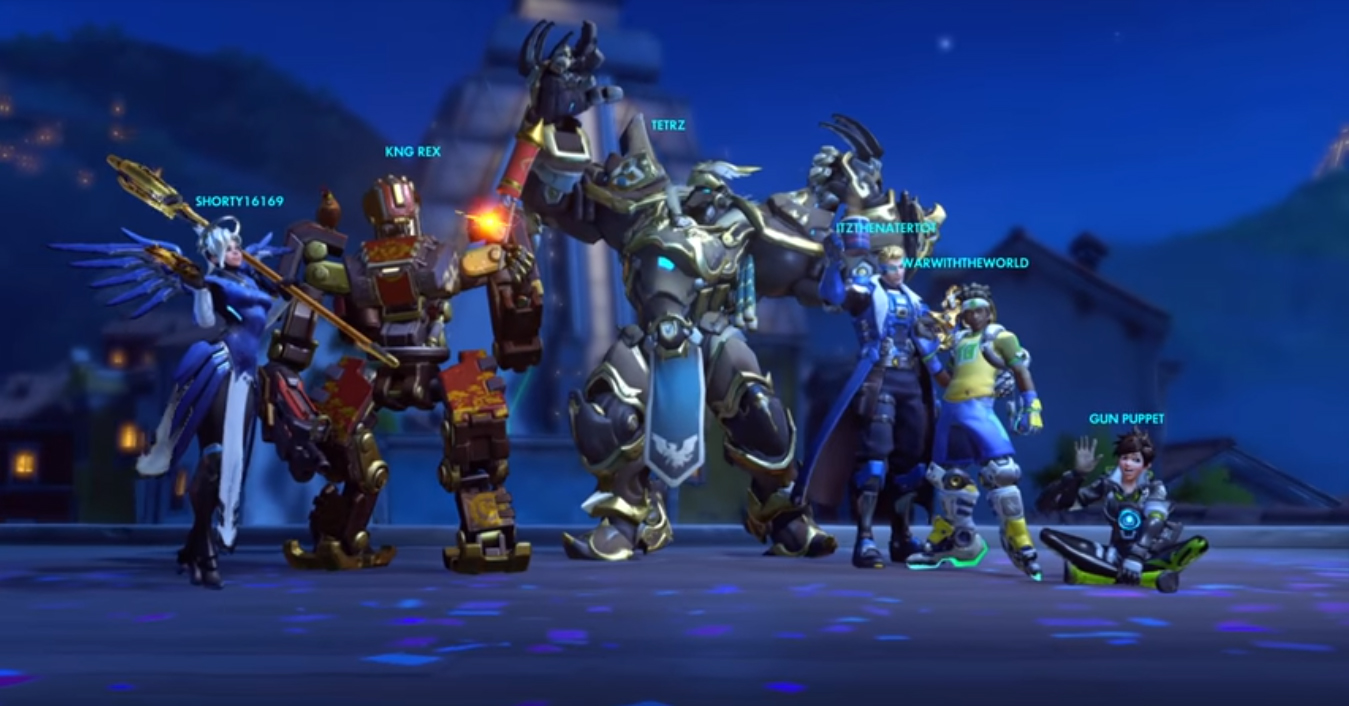
- April 18, 2018
- Updated: July 2, 2025 at 6:32 AM

Overwatch was released in 2016, and the game has continued to grow in popularity ever since. The game has won numerous awards, and the development of the official Overwatch League has established the game as a serious e-sport, with the first season beginning in 2018. However, many new players find that the game has a steep learning curve. Overwatch differs from more traditional first-person shooters in several major ways, and catching on to those differences early is the key to success in the game.
Most Overwatch players focus primarily on Competitive mode. Unlike Quick Play or Arcade, Competitive has stakes. Players risk losing Skill Rating (SR) points every match, and with too many losses they may even lose their rank. Those high stakes lead to intense matches, and the rush that players feel in Competitive mode keep them coming back for more. However, the path to victory is not as straightforward in Overwatch as it is in traditional shooter games like Call of Duty or Battlefield. While other games are often nothing more than a race to hit a certain number of kills before the enemy team does, Overwatch matches have a variety of objectives. Rather than simply competing for kills, teams must escort a payload across the map, capture or defend certain areas, or juggle a combination of these two objectives in the Hybrid game mode. This article will cover the basic strategies you will need to succeed in Overwatch’s Competitive mode.
6 Tips to Get Started in Competitive Overwatch
Focus on the Objective
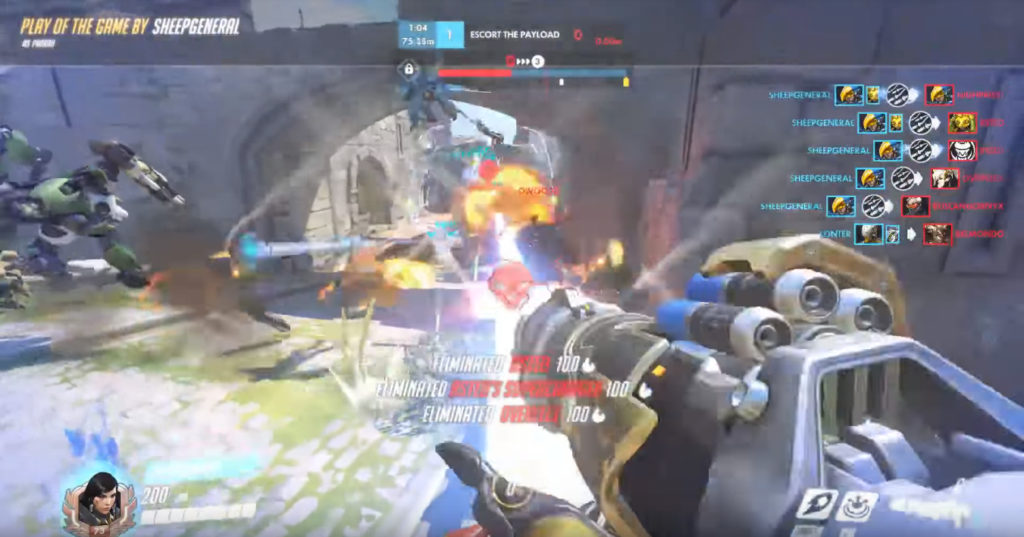
Many new Overwatch players feel most comfortable in offensive roles, playing DPS (damage per second) heroes with the primary objective of dealing damage to the enemy team. However, it’s important to remember that even as a DPS hero, damage and kills aren’t everything. The ability to threaten the enemy team and control their movements is often equally important. When your team is attempting to defend a point in the Control game mode, the real objective is just that – defend the point. You can chase after a player on the enemy team to try to get a kill, but you might be better off behind a shield, keeping the enemy from advancing. Getting kills won’t help your team if you leave the objective unprotected.
Don’t Die
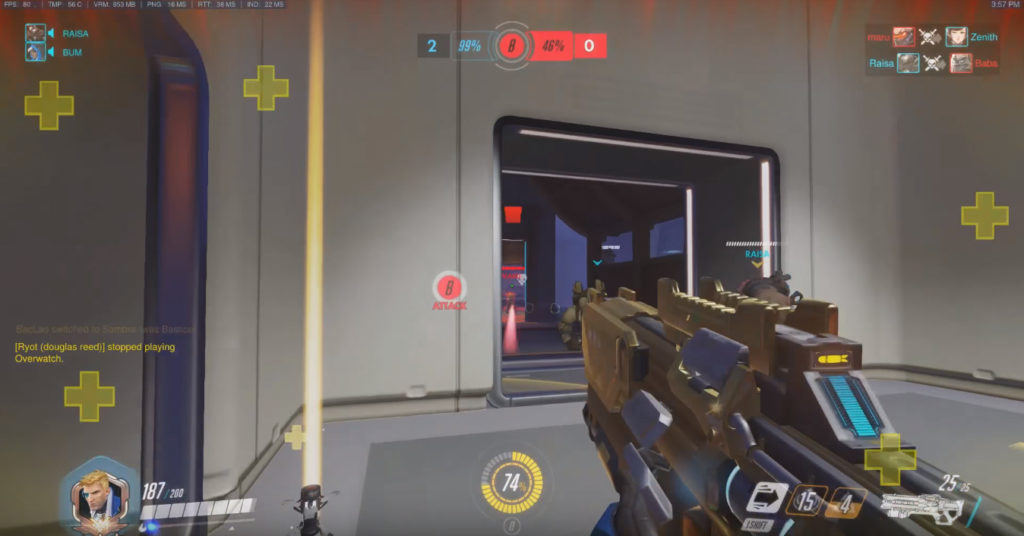
This might seem obvious, but it’s more important than you might think. Overwatch teams (the good ones, at least) operate as groups. The DPS heroes deal damage and keep the other team at bay, support heroes take care of healing, and tank heroes absorb damage while protecting everyone else. If any single hero falls, the team is left at a severe disadvantage until that hero can respawn and run back to the battle – and by then, the fight might already be over. Epic, aggressive plays can work, but they frequently end badly. It’s usually best to stay with your team and stay alive.
It is also necessary to note that not every hero is equal in certain situations. If you are playing Soldier:76, and you die while taking out the enemy’s Ana, you have probably made a poor trade. You may have killed the enemy team’s healer, but your team is now at a disadvantage in terms of firepower, and may be unable to hold its ground against the enemy team’s counterattack. A self-sacrificial play where you kill someone but die in the process might feel heroic, but it doesn’t do much for your team.
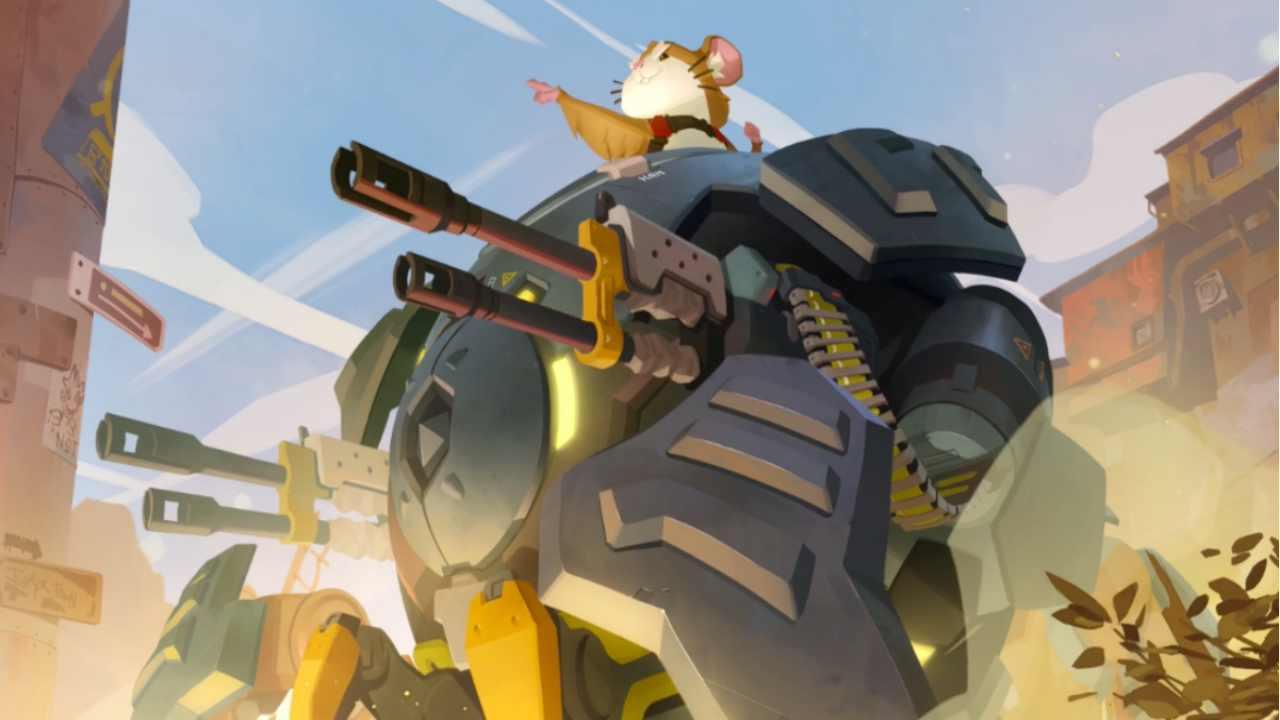
Who is Hammond, the next Overwatch Hero?
click here to see what we knowCounter Enemy Heroes
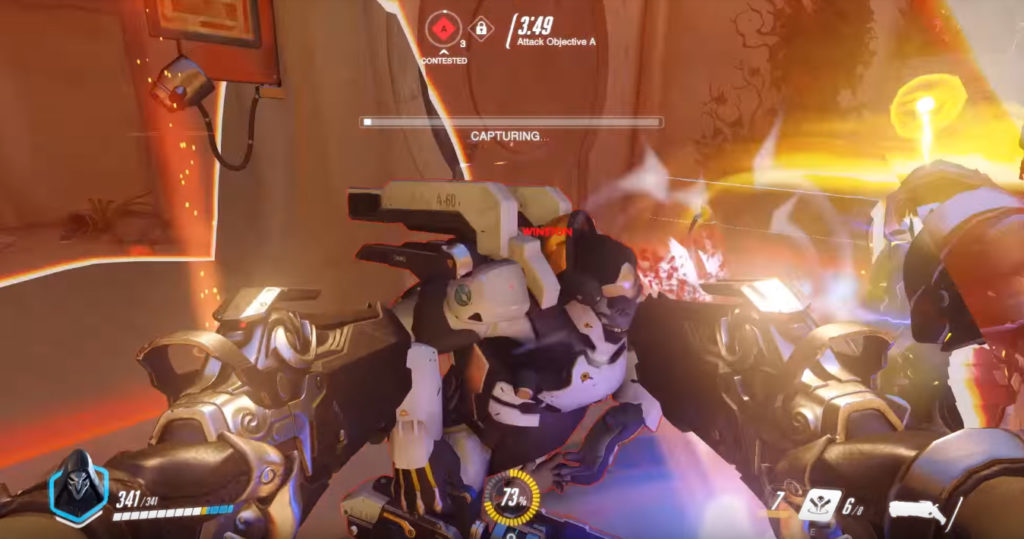
Every hero in Overwatch is different, and every hero has a counter. One obvious example is Soldier:76 and Pharah. Pharah’s flight abilities make her difficult to hit for many heroes, but Soldier’s long-range gun is perfect for taking her out. Take advantage of counters! If the enemy team has a Tracer, try playing Winston. If the enemy team has a Winston, try Reaper. Learning each hero’s strengths and weaknesses and successfully exploiting them is one of the keys to success in a Competitive match.
On the same note, make sure the enemy team doesn’t counter your own picks. If you realize that one player on the other team is constantly killing you or preventing you from being effective, simply trying harder is not likely to work! Instead, try switching to another hero – maybe one that counters your new nemesis.
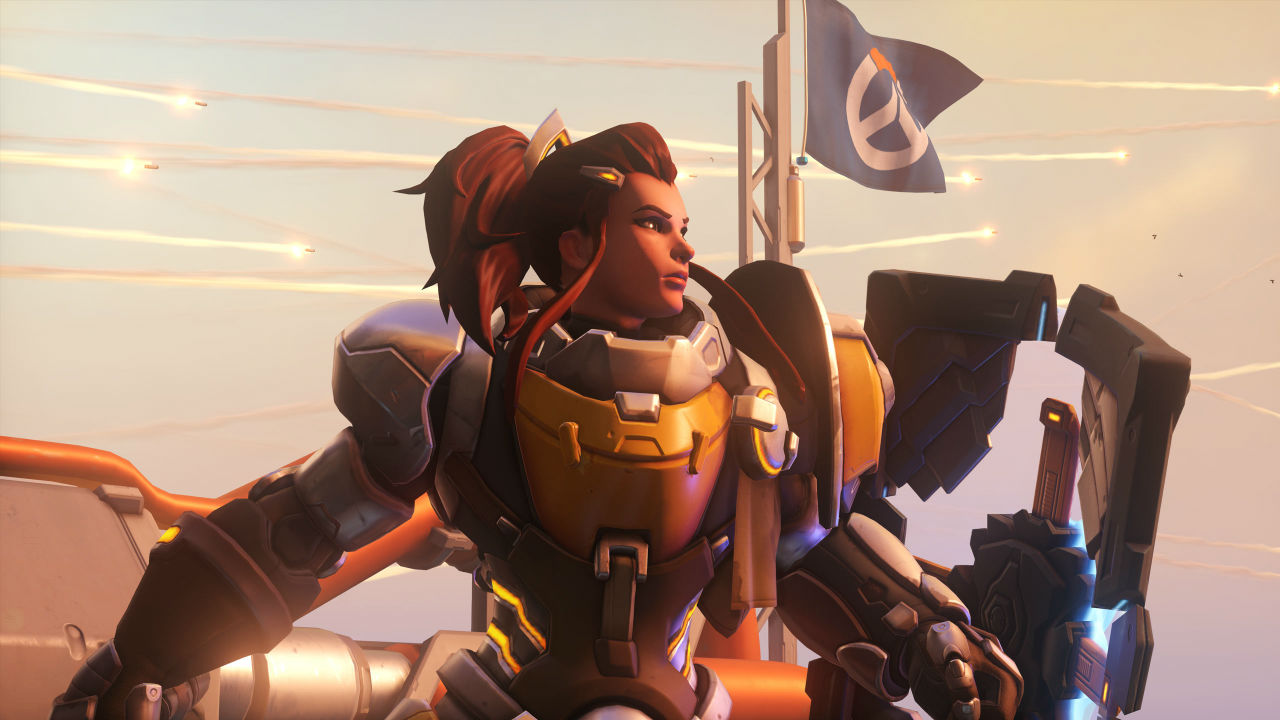
3 ways to get better at Overwatch
Improve your game nowCommunicate
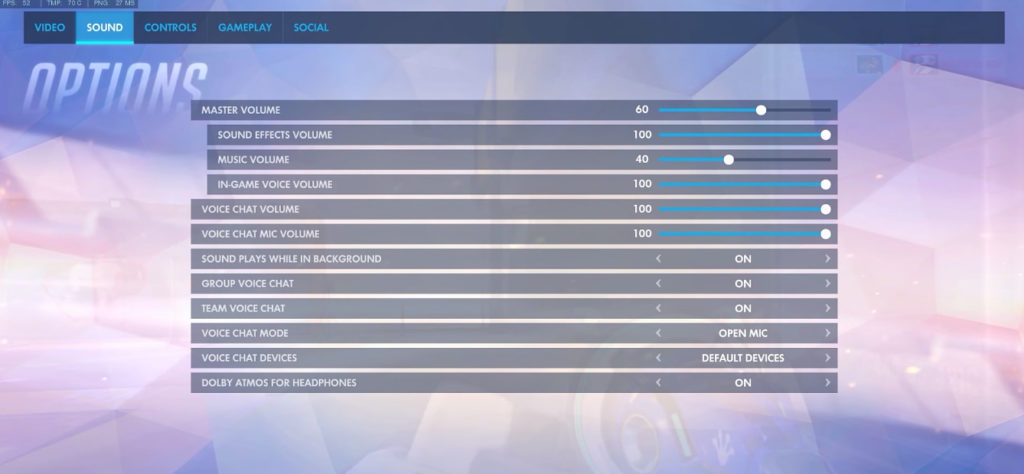
The most crucial element of good teamwork is good communication. Good communication is often the only difference between an effective team and a disorganized mess. If you decide to break away from your team to sneak behind enemy lines in hopes of eliminating their healers, your team needs to know so that they won’t count on your absent firepower in another part of the map. If you play Zenyatta, your Orb of Discord can increase the damage an enemy takes by 30%, which provides your team with a huge advantage – but only if you call it out and make sure your team knows where it is. If you are playing Reinhart and you need to lower your shield, let your team know so that they can find cover elsewhere.
If you want to be successful at Overwatch, you need a microphone. You can find a decent quality mic for less than $30, and it will drastically improve your in-game quality of life. (Need some suggestions? See what our Solutions community recommends.) If you can’t get one, at least join the voice chat so you can hear what other players are saying. If you don’t even do that, don’t expect to win.
Protect Your Healers
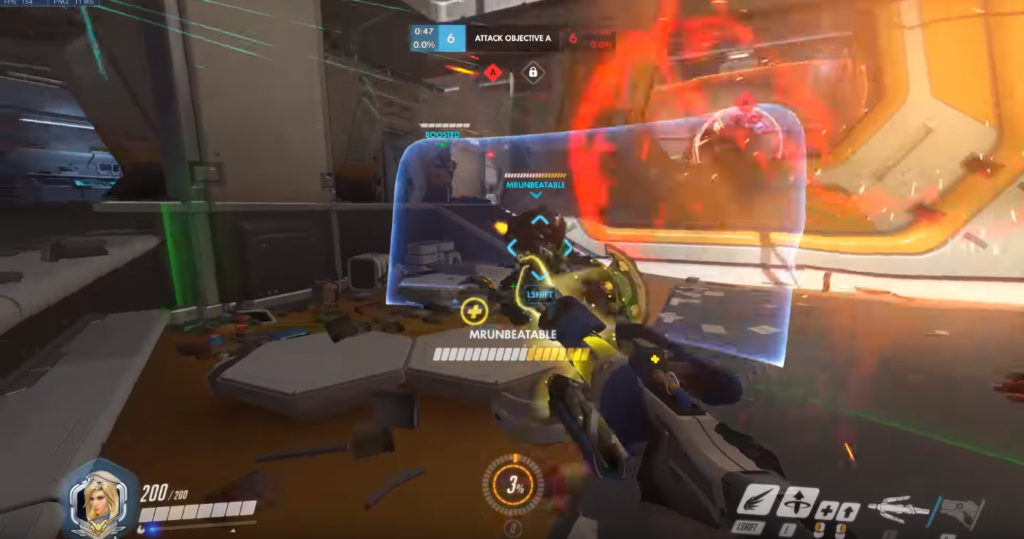
Good healers can extend the lifespan of everyone on your team. They’re arguably the most valuable heroes on the team, and the enemy team will target your healers before anyone else. The death of a healer can put the team at a huge disadvantage, so protect them! If your team needs to retreat, don’t run away and leave the healers to die. DPS should cover the healers and try to keep the enemy from focusing on them effectively, and tanks should always position themselves between their healers and the enemy team. Finally, if you’re the one playing the healer, don’t overextend! Stay near your team, and stay safe.

How Overwatch raised a jaw-dropping amount of money for breast cancer research
Did you buy this skin?Play More Heroes
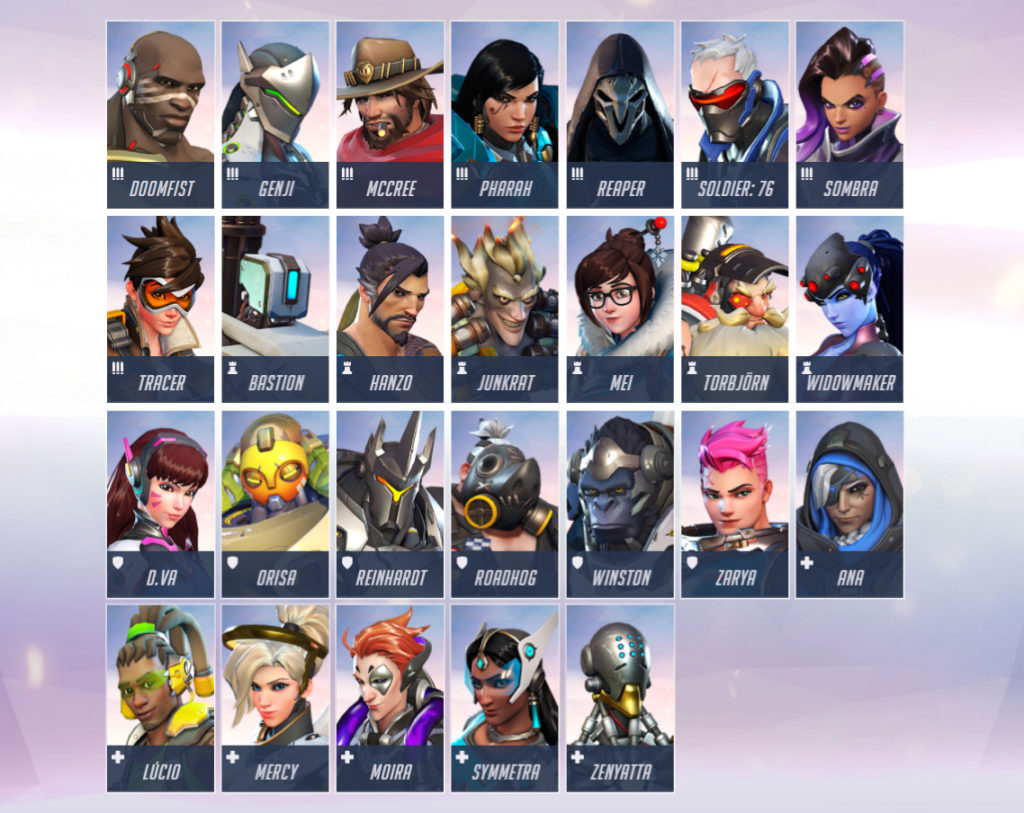
Overwatch is a team game, and it’s very uncommon for a team to win without a well-balanced team composition. This usually means two DPS heroes, two tanks, and two supports. Teams composed of four or more DPS heroes rarely experience victory. Unfortunately, this happens all too often, and many players consider other players’ refusal to switch to more useful heroes one of the most irritating aspects of the entire game. Nobody loves a one-trick – a player who only uses a single hero, regardless of the circumstances. Players who choose a hero that is optimized for defense on an attack map are particularly reviled, but those who choose to play as a team’s third or fourth DPS hero instead of a tank or support are just as bad.
Don’t be that guy! Your team will hate you, and you’ll lose a lot of matches that way. As your SR drops, you’ll end up playing with progressively worse teammates, and it won’t be easy to crawl back up the ranks. You can’t count on your team to choose helpful heroes, so the task of balancing your team will often fall to you. Fortunately, Overwatch is a well-designed game, and all of the heroes are enjoyable once you get used to them. We strongly recommend that you try every hero at least once in Quick Play or Arcade mode, and then continue to practice and improve with the heroes you enjoy the most. To guarantee that you will be a valuable player on any team, learn to play well with at least two heroes in each class. Attack and Defense heroes are designed for slightly different situations, but both classes are essentially DPS. If you want to be great at Overwatch, you’ll need to be good at a minimum of six heroes: two DPS, two tanks, and two healers.
Stay Positive
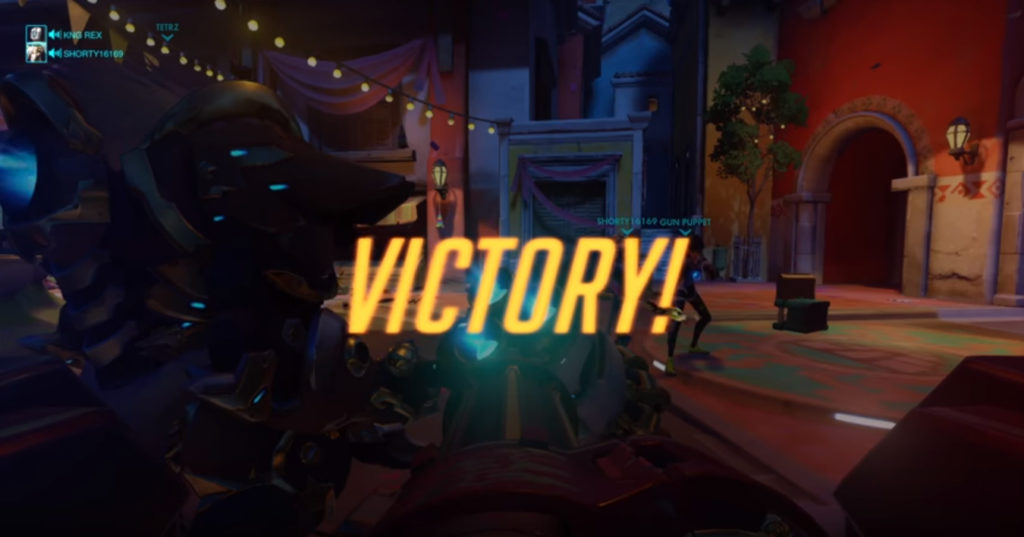
Admit it: Overwatch can be infuriating, but only if you let it be. Sometimes your teammates will be uncooperative. You will occasionally run into trolls. There will be times when you and your team do everything right, but you still lose match after match to teams that are just slightly better. Adrenaline runs high, and it’s easy to lose your temper. When this happens, take a step back and relax. Don’t allow yourself to become negative, because you’ll only play worse if you get tilted. If you become negative, you’ll drag your team down with you. Angry teams don’t play well. Lift your team up! Accept shortcomings, don’t let bad plays get you down, and treat your teammates with respect. When the team feels good, everyone plays well. You win more often, and everyone has more fun – and in the end, isn’t that the point?
Latest from Softonic Editorial Team
You may also like
 News
NewsRed Dead Redemption 2 is undergoing a major change on Steam that has the entire community waiting for news about the game
Read more
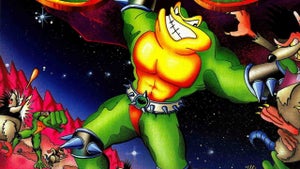 News
NewsThat time in 2007 when GameStop received thousands of calls asking about a game from 16 years earlier… And no one understood anything
Read more
 News
NewsThis is CometJacking: a new way to steal all your data
Read more
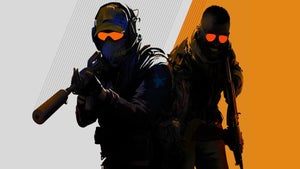 News
NewsValve removes a Counter-Strike 2 map 48 hours after its release due to copyright issues and racist jokes
Read more
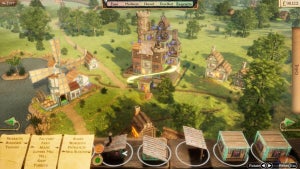 News
NewsThe creator of Fable and Black and White has a new video game in the works, but he says we should lower our expectations
Read more
- News
The creators of the upcoming Black Ops 7 want to redefine what Call of Duty is and they can do it because they have done it once before
Read more
